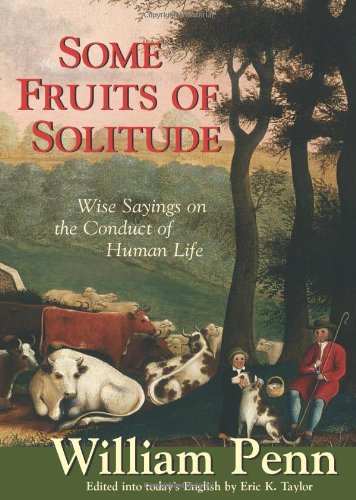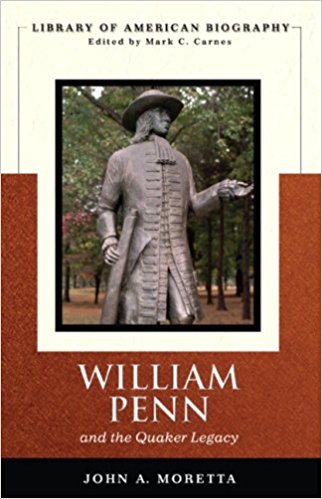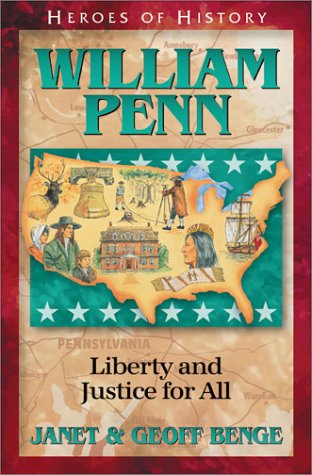About
Born in England, Penn became a Quaker before moving to America, and he often wrote pamphlets in favor of Quakerism, his first being “Truth Exalted,” which landed him in the Tower of London because of its attacks on Catholics and Protestants. Quakers were often imprisoned in England because they believed all men equal and refused to honor royalty.
Penn, once released from prison, appealed for a place in the colonies for the English Quakers. In 1682, Penn sailed to America after he was granted a large section of land (what makes up present day Pennsylvania and Delaware) by the Duke of York and thus founded the colony of Pennsylvania.
Penn continued to write throughout his life. He drew up the document for governing Pennsylvania (the name of the colony meaning “Penn’s Woods”) and called for a new kind of freedom in Pennsylvania, which included trial by jury and freedom of religion. He is responsible for creating the idea of the amendment for a constitution, so that a government document can evolve throughout time.
Penn wrote many books, treatises, and pamphlets concerning government and religion. Among these are True Spiritual Liberty (1681) and Some Fruits of Solitude (1682).
–Christie Finn
Related Information
Songs
Evidence of Things Not Seen
Song CollectionNed Rorem
W. H. Auden
Elizabeth Barrett Browning
Robert Browning
Stephen Crane
Mark Doty
Robert Frost
Paul Goodman
A. E. Housman
Langston Hughes
Jane Kenyon
Rudyard Kipling
Edna St. Vincent Millay
Paul Monette
William Penn
Theodore Roethke
Walt Whitman
John Woolman
William Butler Yeats
Evidence of Things Not Seen
Ned Rorem
William Penn
Song Collection: Evidence of Things Not Seen
The Comfort of Friends
Ned Rorem
William Penn
Song Collection: Evidence of Things Not Seen




